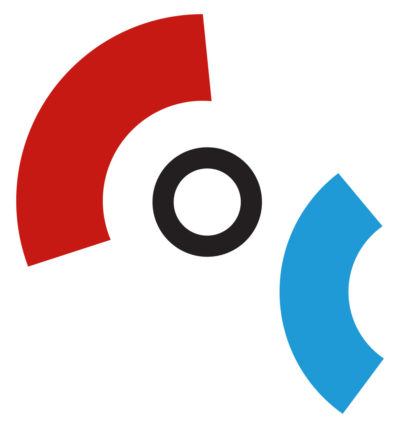Covid-19 in Cameroon: Human rights defenders adopt new strategies
Colin Stewart is a 45-year journalism veteran living in Southern…
During the Covid-19 health crisis, human rights defenders need to adjust their strategies for preventing and responding to homophobic and transphobic violence. That’s what the gay-friendly legal aid group Defenders Without Borders is doing in Cameroon in cooperation with local LGBTI advocacy organizations.
From the African Human Rights Media Network

Human rights defenders met May 21-22 to formulate new strategies for the Covid-19 era in Cameroon. (Photo courtesy of Courtney Stans)
By Courtney Stans
Faced with the Covid-19 health crisis, Cameroon has declared a state of emergency, which has allowed police forces to commit abuses against the most vulnerable people — in particular LGBTI people and human rights defenders.
In response to the public health crisis, Cameroonian LGBTI advocacy organizations have adopted measures to block the spread of the virus: working online, wearing masks, using sanitizing liquids and complying with the ban on gatherings of more than 50 people.

Logo of COC Nederland
In response to homophobic violence during the public health crisis, Defenders Without Borders (Défenseurs Sans Frontières) organized and presented a training course for human rights defenders on how to cope with this new challenge. Financial support for the training program came from the Dutch LGBTQ+ advocacy organization COC Nederland.
Training sessions were held on May 21 and 22 at the Eden Garden conference room in Yaoundé – Nkolndongo. Of the 25 participants, all of whom were human rights defenders, 13 were from LGBTI advocacy organizations.
In the past in Cameroon, human rights defenders who focus their work outside the LGBTI community have often been at odds with defenders of LGBTI people. That did not happen during these training sessions. The two facilitators — attorney Stephane Aboa, executive coordinator of Defenders Without Borders, and Nickel Liwandi, executive director of the LGBTI organization Camfaids — made sure that the discussions remained civil, with all participants showing mutual respect for each other.

Logo of Défenseurs Sans Frontières
The training sessions produced new working measures to keep LGBTI people and organizations safe during the Covid-19 crisis, specifically:
Promotion of telework
In order to maintain social distancing between office staff members, teleworking has been adopted both by LGBTI and non-LGBTI organizations. Staff work from home using their computers, telephones and any other means of effective communication
Limit of meetings with more than 50 people
During this period, we must avoid large gatherings for awareness or advocacy activities. Instead, “webinars” can be organized.
Doors-to-door visits instead of educational talks
Peer educators will visit clients at home instead of assembling them for educational talks.
Systematic use of disinfectants and respect for community distancing between staff
These measures will help maintain good health and limit the spread of the virus.
Restructuring of work
Like many organizations, restructuring has been undertaken. At Alternatives-Cameroon, for example, the hours have been shortened. Formerly, the work day was 9 a.m. to 6 p.m. It is now 10 a.m. to 3 p.m.
Rescheduling of work
In order to limit the presence of all staff in the office at the same time, daily and weekly work schedules have been revised. Instead of encouraging everyone to be present in the office, staff are encouraged to work from home. To the extent that employees are needed in the office, staff members take turns.
Taking coronavirus into account in all activities of the organizations
This new culture should now be integrated into our daily behavior in order to fight this new pandemic
Systematic use of masks
Any reception by a beneficiary inside or outside the center is forced to wear a mask systematically
Raise LGBTI and transgender people’s awareness of the current situation in order to avoid cases of gender-based violence.
and
Stay in a secure environment and limit unnecessary travel.
These strategies strengthen the security perimeter around LGBTI people during this period.
Strengthen the interventions of key players in the defense of LGBTI people during the health crisis, although a number of them have been reluctant in the past to get involved in defending LGBTI people publicly.
[The key players are influential government officials and private citizens who support human rights and sometimes will defend the rights of LGBTI people in Cameroon. They include law enforcement officials, lawyers such as Michel Togue, teachers, religious leaders, traditional leaders, health providers, journalists, etc.]Travel with other people. Avoid ending up in isolated places on your own.
and

Cover of DSF’s French-language Covid-19 guide.
Avoid meeting strangers in unfamiliar places.
These measures are aimed at limiting violence against transgender people in particular.
To help organizations cope with the pandemic, Defenders Without Borders has published a COVID-19 awareness guide.
Courtney Stans, the author of this article, is a Cameroonian journalist who writes under a pseudonym. Contact her at info@76crimes.com.
Source: Rights Africa




